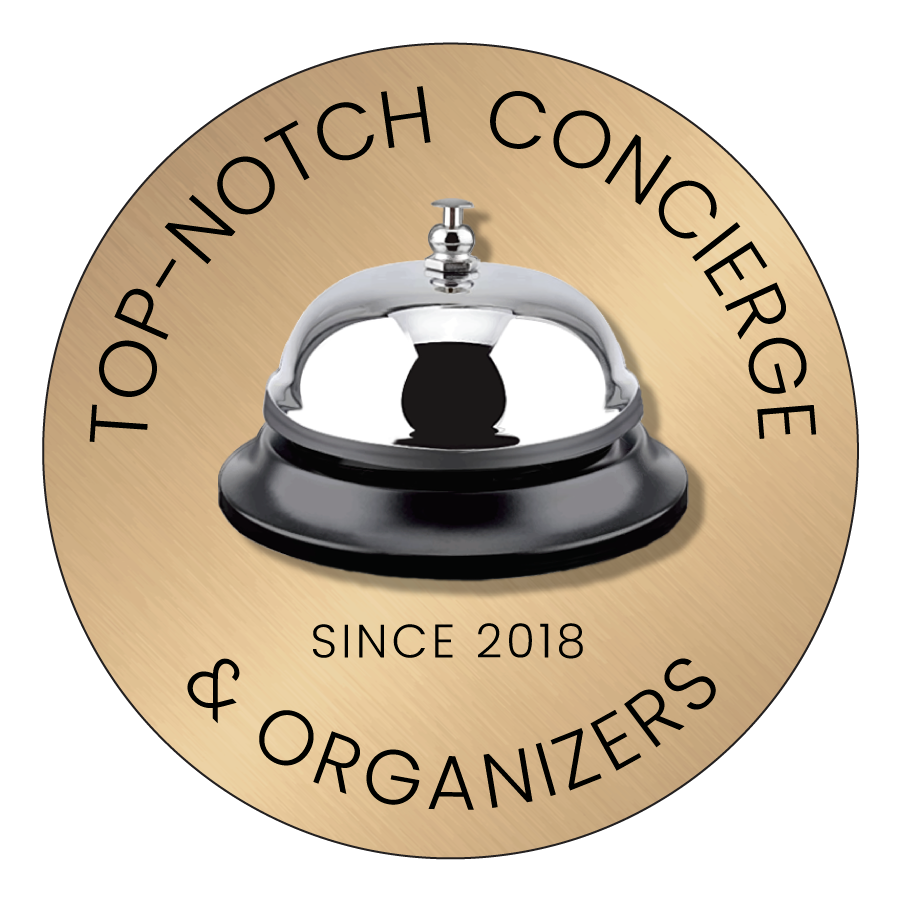Get Organized!
From the rooms in your house, the patio or garage to your work desk or work area, being unorganized can affect all these areas of your health. You may be surprised to know that there are actually health benefits with being organized. You can actually do your body well by being organized and open to cleaning our homes, desks, yards etc.
Most of us would rather spend our time doing things we enjoy like binge watching our favorite show, play with the children, walking the dog or anything that does not involve cleaning or organizing your space. The problem is when this is ignored over periods of time you may begin to feel overwhelmed, stressed and even ill at the daunting task of getting organized.
According to a recent study taking just a few minutes a day to clean and organize you work area can help you to work more energetically the rest of the day. A study by Psychological Science found being organized can actually have a positive input on what you’re eating. The study found people who worked in a neat space were two times as likely to pick an apple to eat versus a chocolate bar when compared to those who were working in an unorganized, messy work space. Having an organized work space may help you combat that urge to choose foods that make you feel groggy or bloated and opt for healthier eating choices.
At home, clutter in the bedroom could be preventing you from getting a good nights sleep without you even realizing it. Start with moving items out of the room that are not necessary for rest and watch as your sleep habits gradually change for the better. Did you know people who make their bed each day report a better night of sleeping than those who do not?
Continuously cleaning and organizing can even lower your risk of a cardiovascular event. A Swedish study found that people who did the most yard work, housecleaning and DIY projects had about a 30 % lower risk of a first-time cardiovascular event such as a heart attack or stroke.
Personality and Social Psychology Bulletin reported that people with cluttered homes, or homes filled with unfinished projects, more fatigued, depressed and had higher cortisol levels then their counterparts who described their homes as restful and restorative. Cortisol is part of the natural stress-response system in our bodies along with adrenaline. Our body’s stress-response system is normally self-limiting, so once a perceived threat has disappeared these levels will return to normal. As adrenaline and cortisol levels drop, your heart rate and blood pressure return to normal and other systems resume their regular activities. However, when stressors are always present and you constantly feel under attack, that fight-or-flight reaction stays turned on.
Long-term activation of the stress-response system and the overexposure to cortisol and other stress hormones that follows can disrupt almost all your body’s processes. This puts you at increased risk of many health problems, including:
- Anxiety
- Depression
- Digestive problems
- Headaches
- Heart disease
- Sleep problems
- Weight gain
- Memory and concentration impairment
We have all told ourselves – I’ll get to that mess tomorrow, I need to clean my desk, I can’t find what I’m looking for I need to organize my workspace and so on. While on the surface we mean well and don’t always accomplish these seeming unimportant tasks over time, combined with daily tension of job, family and commitments it makes healthy sense to organize our home and work spaces.
Fortunately there are businesses that can help individuals with some of these daily tasks, maid services, yard services, nannies and concierge services.
As a concierge service, we work closely with individuals in a variety of ways to help reduce stress. Our services can be wide-ranging or very specific depending on your specific needs. Consider all the things you would rather not have to do in a day or better yet have someone else do for you.
Then consider the benefits of using a concierge to help improve your life.
In addition, check out this informative guide about guarding mental health during the COVID-19 pandemic.




